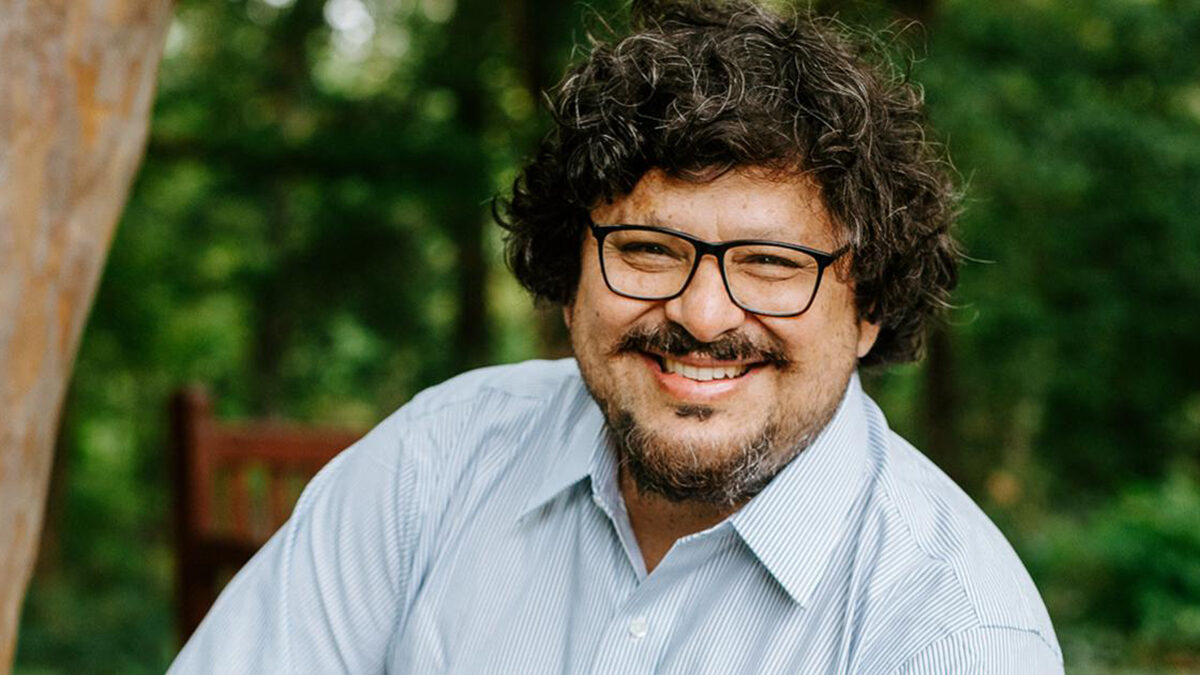
In 2019, the EAT-Lancet Commission on Food, Planet, Health published the first set of global scientific targets for healthy diets and set out six environmental boundaries for food production, flagging the substantial impact that food has on them.
The Commission showed that feeding 10 billion people a healthy diet within safe planetary boundaries by 2050 is both possible and necessary and that adopting a Planetary Health Diet would help avoid severe environmental degradation and prevent approximately 11 million premature adult deaths annually.
Herrero will work closely with the Commission’s three co-chairs as well as Line Gordon of the Stockholm Resilience Centre, and EAT’s Director of Science, Fabrice DeClerck. The news follows the kick-off of the EAT-Lancet Commission 2.0 at the U.N. Stockholm+50 conference in June 2022.
“Mario brings a wealth of food system experience to the Commission. We are excited to leverage his years of experience with CGIAR, CSIRO and the AgMIP project on agricultural and food system models,” said DeClerk. “While the Commission is still in its early phases, Mario’s leadership work will help to critically update the 2019 findings with newer models and data by better handling uncertainty and downscaling food system environmental limits to national scales. The work being led by Cornell University and our partners at the Potsdam Institute for Climate Impact Research (PIK) with the Commission fills a critical nexus in supporting evidence-based action for healthy, sustainable and equitable food futures.”
Building on the findings of the first publication, which was listed in the top 20 most discussed science papers and the fourth most important paper in climate science, according to Altmetric, the primary objective of the Commission is to produce a scientific update of the 2019 EAT-Lancet by 2024. This entails reviewing the Planetary Health Diet and testing the feasibility of ensuring healthy diets from equitable food systems within environmental limits for all by 2050. EAT-Lancet 2.0 will also for the first time assess what the Planetary Health Diet means for local food cultures and regions around the world.
When asked about his appointment, Herrero, a Nancy and Peter Meinig Family Investigator in the Life Sciences, said, “I feel deeply honored to be part of a commission of world-leading researchers and to step into a leadership capacity for EAT-Lancet 2.0. I look forward to advancing the models by providing more localized, national solutions to increase the sustainability of food systems for the benefit of people and planet.”
Due to be published in 2024, EAT-Lancet 2.0 is co-chaired by Walter Willett, professor of Epidemiology and Nutrition, Harvard T.H. Chan School of Public Health, Johan Rockström, director of the Potsdam Institute for Climate Impact Research and Shakuntala Thilsted, Global Lead, Nutrition and Public Health, WorldFish CGIAR, 2021 World Food Prize Laureate. The Eat-Lancet Commission comprises 25 world-leading researchers across fields including human health, agriculture, political science and environmental sustainability. The participants in the research group reflect diverse perspectives across continents; six from Europe, six from Asia, four from North America, three from Latin America and six from Africa.
Nicole Rossi is the Communications Specialist for Food Systems & Global Change in Cornell CALS Department of Global Development.
Iain Shepherd is the Director of Communication and Global Engagement at EAT.